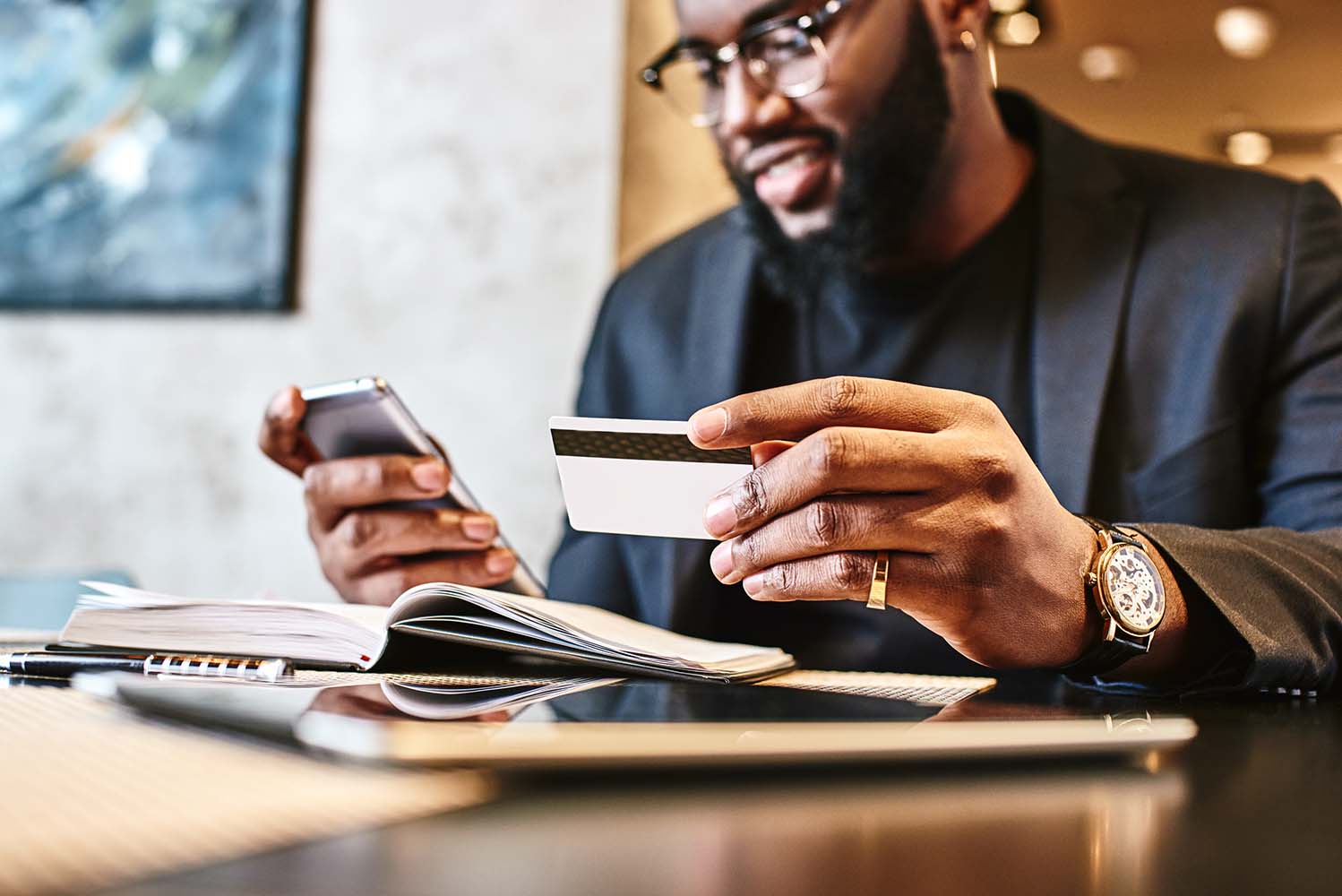Right now, protecting yourself from scams is more important than ever.
Since the start of the COVID-19 crisis, fraudsters have been very active, stealing millions of dollars from Americans at a time when many are already experiencing significant financial distress.
But there are steps you can take to avoid becoming a victim of fraud. Here are a few of the scams you may encounter during COVID-19, and some tips on how to avoid them.
- Treatment and Testing Scams
Currently, there are no proven treatments and no vaccine for COVID-19. But that doesn't stop charlatans from promoting "miracle" cures and inaccurate methods of testing for or preventing COVID-19.
Some scammers push products that are expensive and ineffective, or even harmful to your health. Others may offer COVID-19 test kits or face masks to try to get you to give up sensitive information.
To avoid these scams, follow guidance from the Centers for Disease Control and Prevention and local officials regarding COVID-19 testing and treatment.
- Relief Check Scams
In response to COVID-19, Congress enacted a law that provides stimulus money to most Americans. Scammers are working overtime to try to get these checks into their hands and away from the people who need them.
Some fraudsters are making calls or sending emails and text messages in which they pretend to be from the IRS. As part of these IRS scams, they may wrongly claim you have to pay a fee to get your stimulus payment. Or they may tell you the government sent you more money than it was supposed to, and demand you repay it.
Do not respond to these IRS scams. The government will not call, text, or email you asking for sensitive information related to your stimulus payment.
Visit irs.gov/coronavirus to check the status of your payment.
- Charity Scams
Many people are in need of financial assistance due to COVID-19. And many others are stepping up to help them.
But some people take advantage of others’ desire to help by creating fraudulent stories of need, or fake charities. Others claim to raise money for a legitimate charity, but then pocket the funds.
To ensure your donations are used wisely, limit them to people or organizations you know and trust.
If you're unsure if a charity is legitimate, the Federal Trade Commission suggests searching online for the charity's name and the words "scam" or "fraud," and looking up reviews at sites like Charity Navigator or GuideStar.
In addition, the FTC advises never to donate in cash, by gift card, or by wiring money.
- Phishing Scams
Criminals use phishing scams to trick people into providing sensitive information, like Social Security numbers or online banking passwords. In response to COVID-19, some phishing scammers are posing as government contact tracers.
But no legitimate business or government official will ever ask you to provide a Social Security number or password over email or via text.
Read emails and texts carefully, don’t respond to a sender you don’t know, and never click on a link or reply to a message that seems suspicious.
- Robocall Scams
Robocalls consist of prerecorded messages, frequently read in a robotic voice. Though not all robocalls are phone scams, many of them are.
Recently, there have been reports of scammers using robocalls to offer free COVID-19 test kits, fake cures, work-from-home opportunities, debt consolidation offers, and student loan repayment plans.
These offers are fraudulent. Never provide sensitive information in response to a robocall.
Knowledge Is Power
The better informed you are, the better you’ll be able to protect yourself from fraud. Watch for scam alerts from trusted sources like the Federal Trade Commission, the Federal Communications Commission, and the Centers for Disease Control and Prevention.
Visit Dover Federal Credit Union's Security Center for information that can help you keep your money safe.
We Take Your Security Seriously
At Dover Federal, we’re committed to providing safe credit union online banking and a secure mobile app, and we take extra steps to ensure the security of our branches and ATMs.
If you think your account or card may have been compromised, speak with our team right away.
If you have questions about banking or our financial services, or if you are experiencing financial hardship due to the COVID-19 pandemic, please visit our online resource center or connect with our team. We’re here to help.
